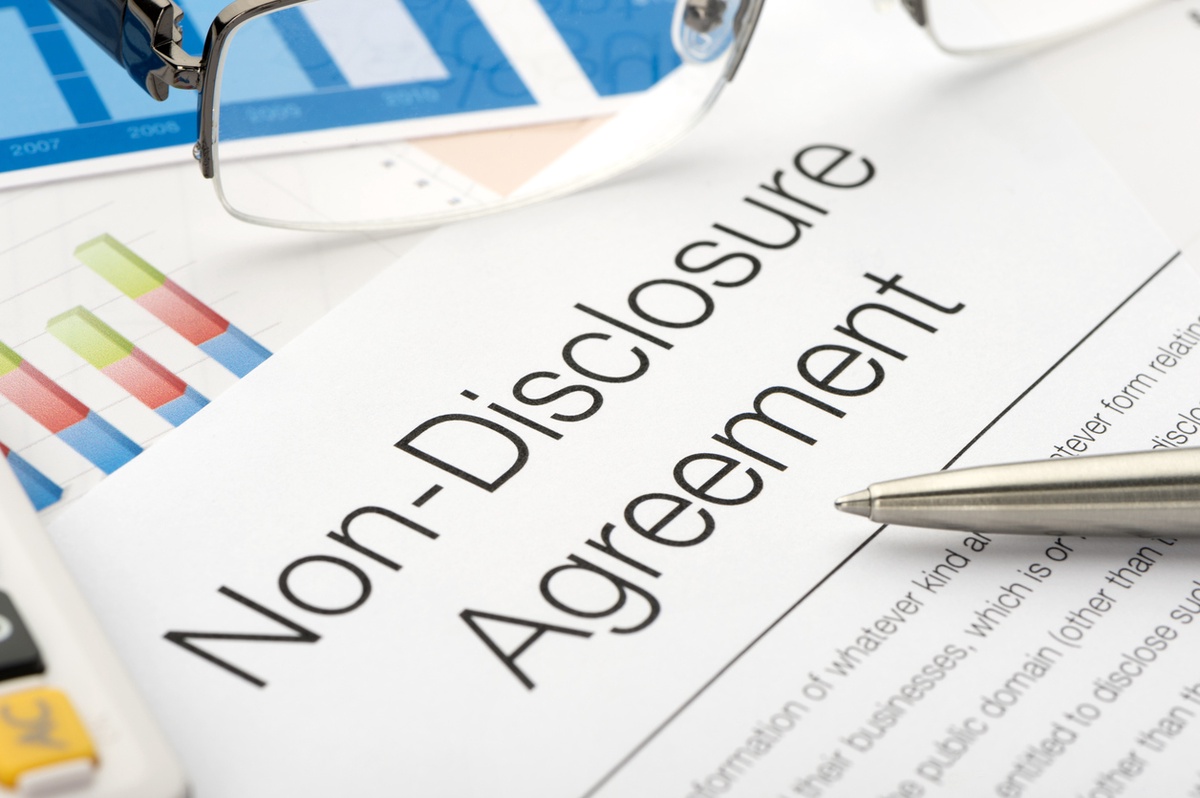In today's increasingly interconnected world, protecting sensitive information has become paramount for individuals and businesses alike. Non-disclosure agreements (NDAs) have emerged as an essential legal tool to safeguard confidential information. However, determining who should sign an NDA can vary depending on the specific circumstances and the parties involved. Find out who should sign a free non-disclosure agreement, and the key considerations about the same.
1. Employees and Contractors
When it comes to protecting trade secrets, proprietary information, and other confidential data, employees and contractors play a crucial role. As such, it is common practice for companies to require employees and contractors to sign NDAs. This ensures that these individuals are legally bound to maintain confidentiality during and after their employment or contractual relationship.
2. Business Partners and Investors
When entering into strategic partnerships, joint ventures, or seeking financial investments, it is often prudent to have business partners and investors sign NDAs. These agreements help establish trust and provide assurance that proprietary information shared during negotiations will remain confidential. NDAs can prevent potential competitors or unauthorized parties from gaining access to sensitive data that could harm the company's competitive advantage.
3. Vendors and Suppliers
Companies frequently collaborate with vendors and suppliers, sharing proprietary information, manufacturing processes, or customer data to ensure seamless operations. An NDA template in Texas protects businesses by ensuring that these external parties do not disclose sensitive information to others or misuse it for their benefit. This can be particularly crucial when outsourcing core business functions or relying on external entities to handle critical aspects of the operation.
4. Clients and Customers
In certain industries, such as consulting, software development, or creative services, clients often require access to sensitive information to receive customized solutions. In such cases, NDAs can be used to protect the interests of service providers. By ensuring client confidentiality, these agreements maintain the integrity of trade secrets and maintain a competitive edge.
5. Independent Contractors and Freelancers
Organizations engaging independent contractors or freelancers, particularly those who work remotely, should consider implementing NDA legal templates. These individuals often have access to confidential information, trade secrets, or valuable intellectual property, and it is vital to establish clear expectations regarding confidentiality.


No comments yet